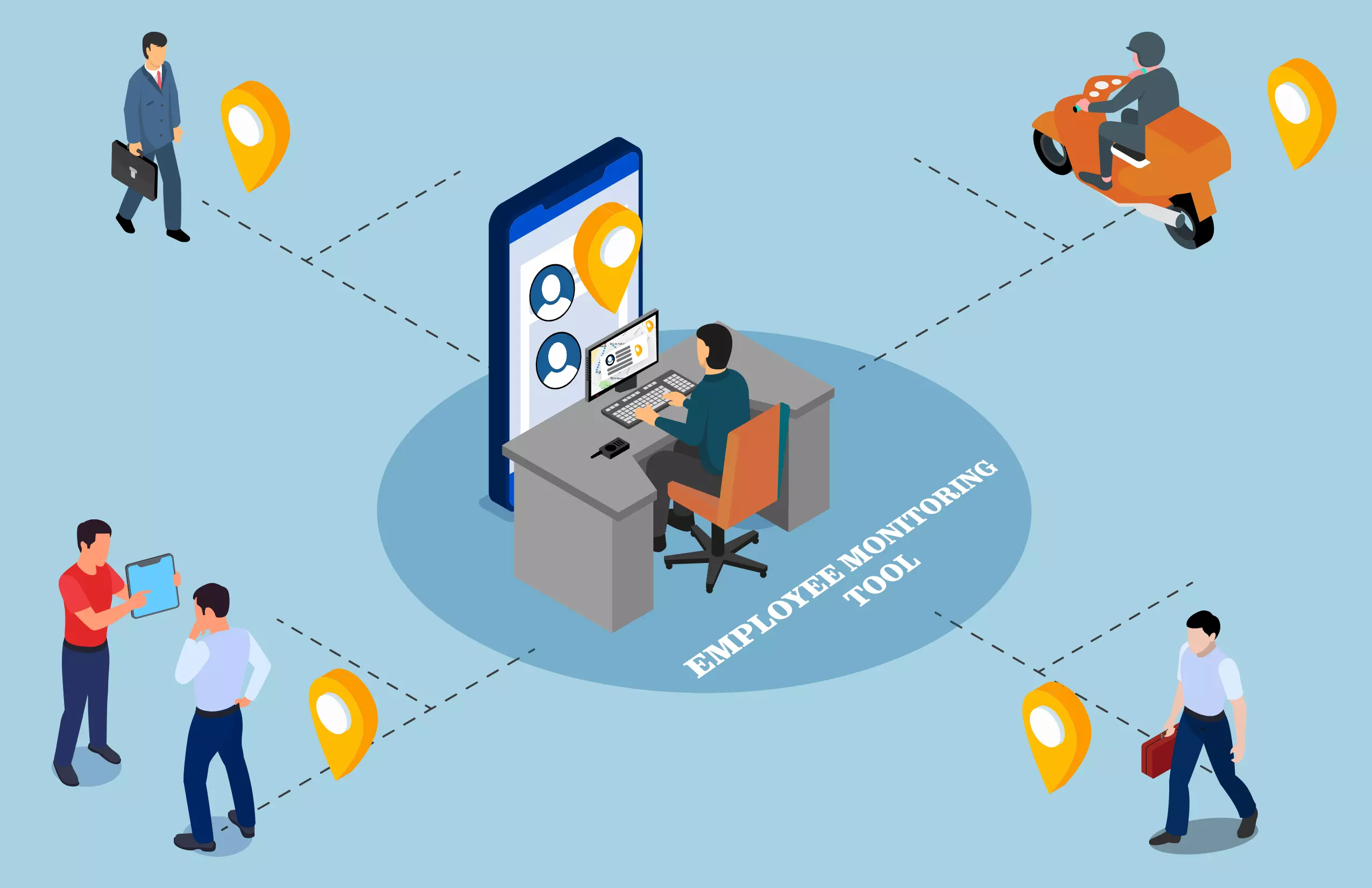Employees’ privacy issues in the context of AI home surveillance is one of the most concerning ethical challenges that has emerged recently. The possibilities of remote working, which debuted during the coronavirus pandemic, allow AI surveillance not just at work stations but now at the comfort of employees’ homes. This begs the critical question of privacy and the extent to which an employer can monitor his staff’s personal spaces. This form of work at home AI monitoring is becoming common, which makes the need for industry standards and ethical policies necessary. This article details the further developments made in the domain so far and reflects on the emerging worrying trends.
AI Monitoring of Employees At Work And Beyond: From The Office To The Home
Employee surveillance has a long history, dating back to the early 20th century and the rise of scientific management, which aimed to maximize productivity. Today, algorithmic management, constrained only by data storage capabilities and regional privacy laws, offers a new, scalable, and adaptable approach. While surveillance in offices and stores was once commonplace, the shift towards remote work, accelerated by the pandemic, has normalized such practices in home environments. This rise in remote work has fueled the demand for employee tracking tools and software, raising significant employee privacy concerns and prompting discussions about ethical employee tracking. Companies like InterGuard, Hubstaff, Time Doctor, Teramind, and Sneek have seen increased interest in their services, which often include monitoring employee activity like call durations, email correspondence, keystrokes, and screen activity. Some applications, like Controlio, a SaaS application, tool, and app, even offer features such as webcam video recording and screenshot capture. providing superiors with detailed productivity reports. This increased scrutiny underscores the need for industry recommendations and best practices regarding employee monitoring.
The Allure of Productivity—The Reason of Absconding into Other People’s Spaces
Although employers purport that such surveillance is required to ensure productivity and put an end to “cyber-loafing,” the intensity of actions taken and data gathered demands an ethical review. The extensive volume of data that gets gathered, the scrutiny within which it is put, the potential for misuse, as well as the immense bias present in the algorithms, make the analysis contentious. Monitoring the employee’s activity at the workplace, no matter how intrusive, is permitted legally in a lot of regions. However, such impositions crossed the line when boundaries between work life and home life were intruded upon.
Privacy’s Downfall: A Dystopian Echo
It’s shocking what malicious things one can do with data collected from a home surveillance system. One’s private life, including how they live, speak, and even their day to day activities, can be tracked and analyzed. The resulting data can even be sold to third parties, such as insurance companies or credit card service providers. One might call it a dystopian echo of a novel like “We,” where an individual is always being watched. While the addition of surveillance to work computers adds another layer of anxiety, AI-powered digital assistants like Google Home and Amazon Alexa have also raised serious privacy issues.
What monitoring systems can be applied to employees ethically and industry suggestions
Mainstream media with product reviews frequently provide evidence of a blatant work from home culture, amplifying the need for ethical protocols and practices. There is a document that seems to be of utmost concern because an employee’s home working conditions are significantly intrusive. These protocols must provide balance between the privacy axiom and rational business responsibly. The document should deal with such things as privacy intrusion, scope of monitoring, collection security, and access to the collected information. Additionally, eliminating unfair and unaccountable practices in monitoring system development, such as bias, needs clear and concise boundaries. You wouldn’t want your employees to be abused.
Final Thoughts
The ethical concerns surrounding the increase of AI-based home monitoring technologies are a complicated issue. On one side, the pursuit of maximized productivity is always justifiable, but the potential for privacy breaches, as well as lack of trust between employees and employers, is worrying. Going forward, organizations need to consider explicit employee monitoring policies that are ethical and sensitive to privacy issues, in accordance with available industry best practices. The other option is a world where the separation of workplace and residence completely disappears, putting the human workforce in danger by transforming them into an automated, AI-monitored workspace. The opportunity to deal with this issue is available today, and it is essential to go forward before we reach an unavoidable deadlock.

